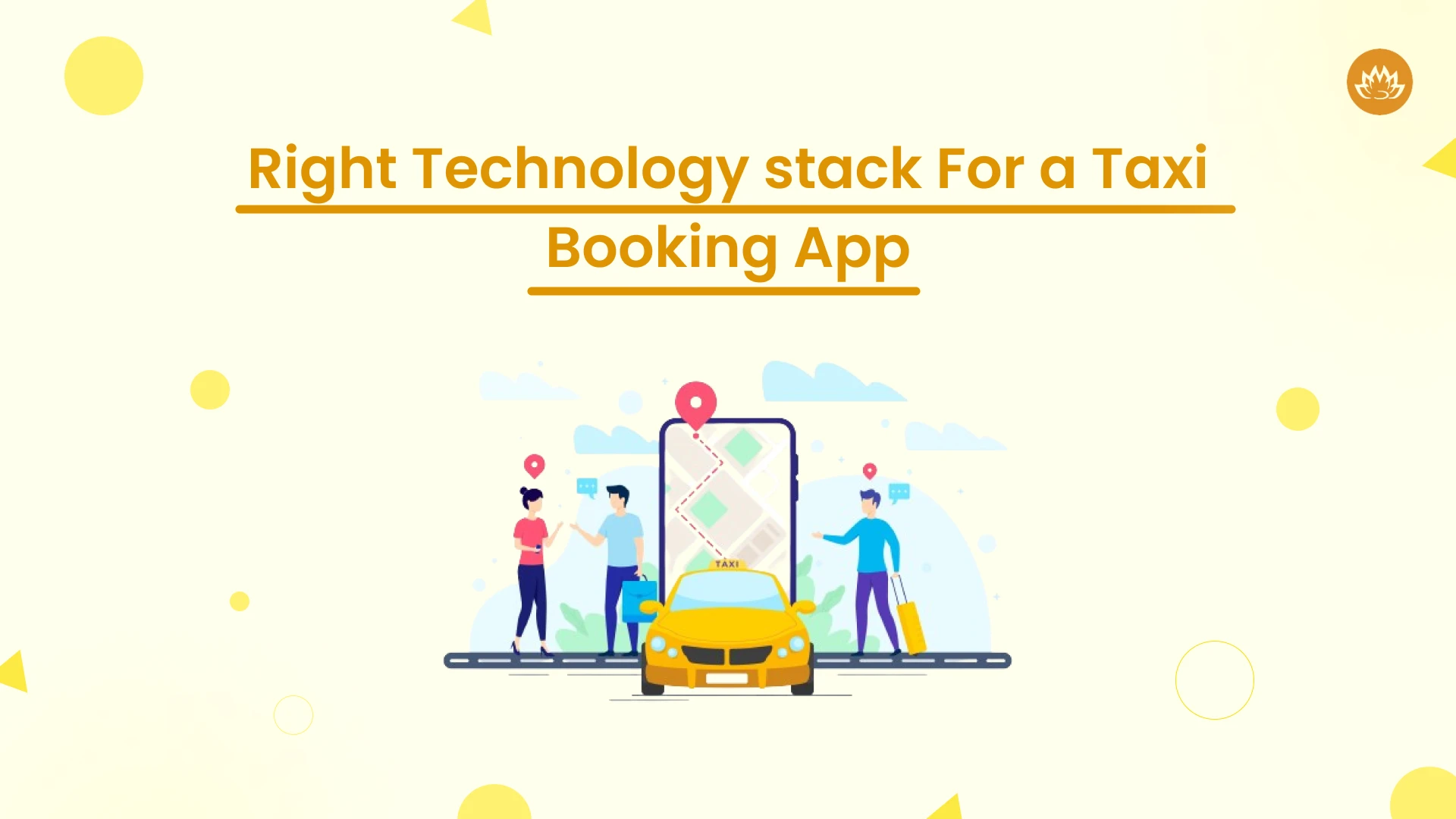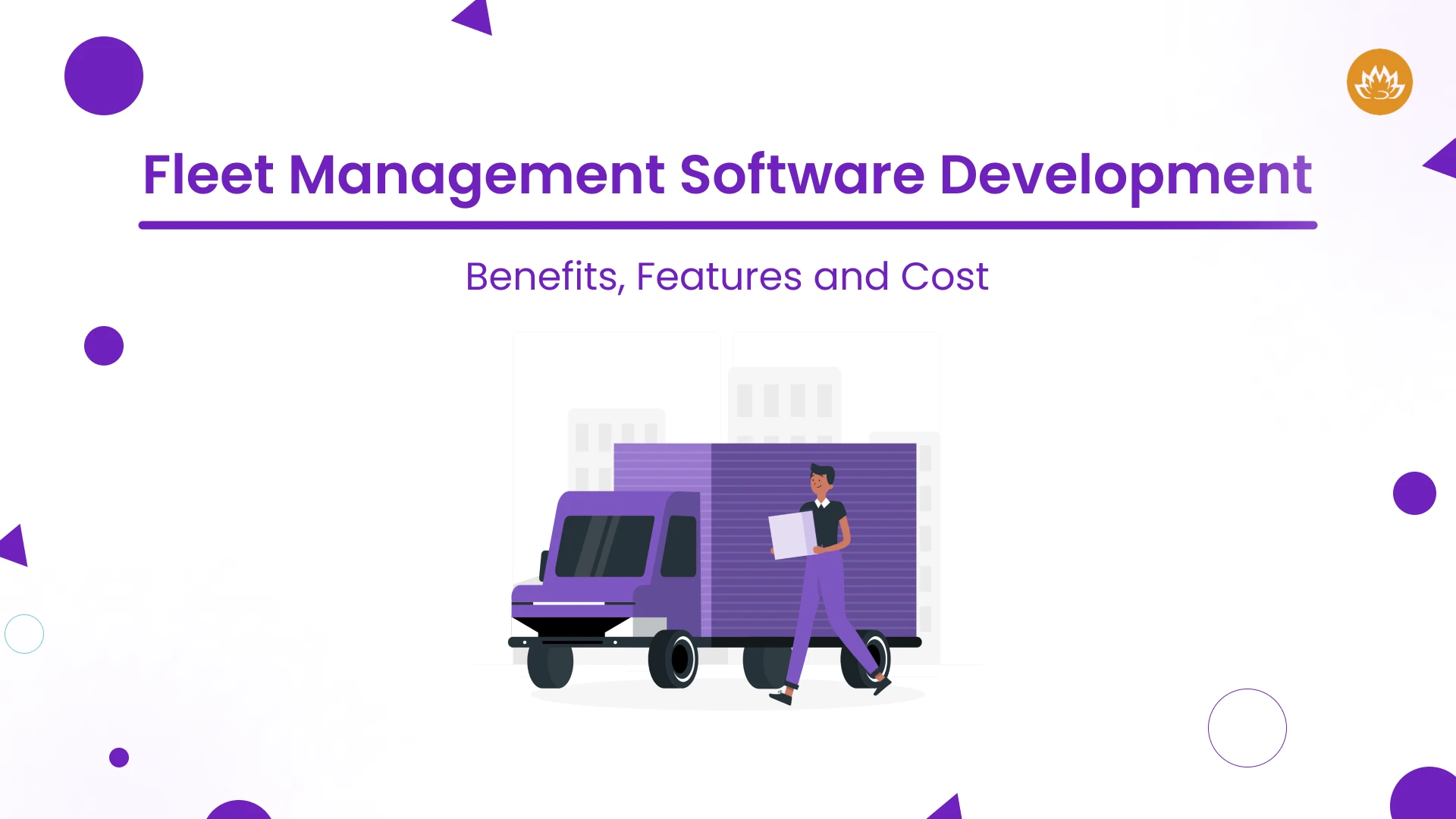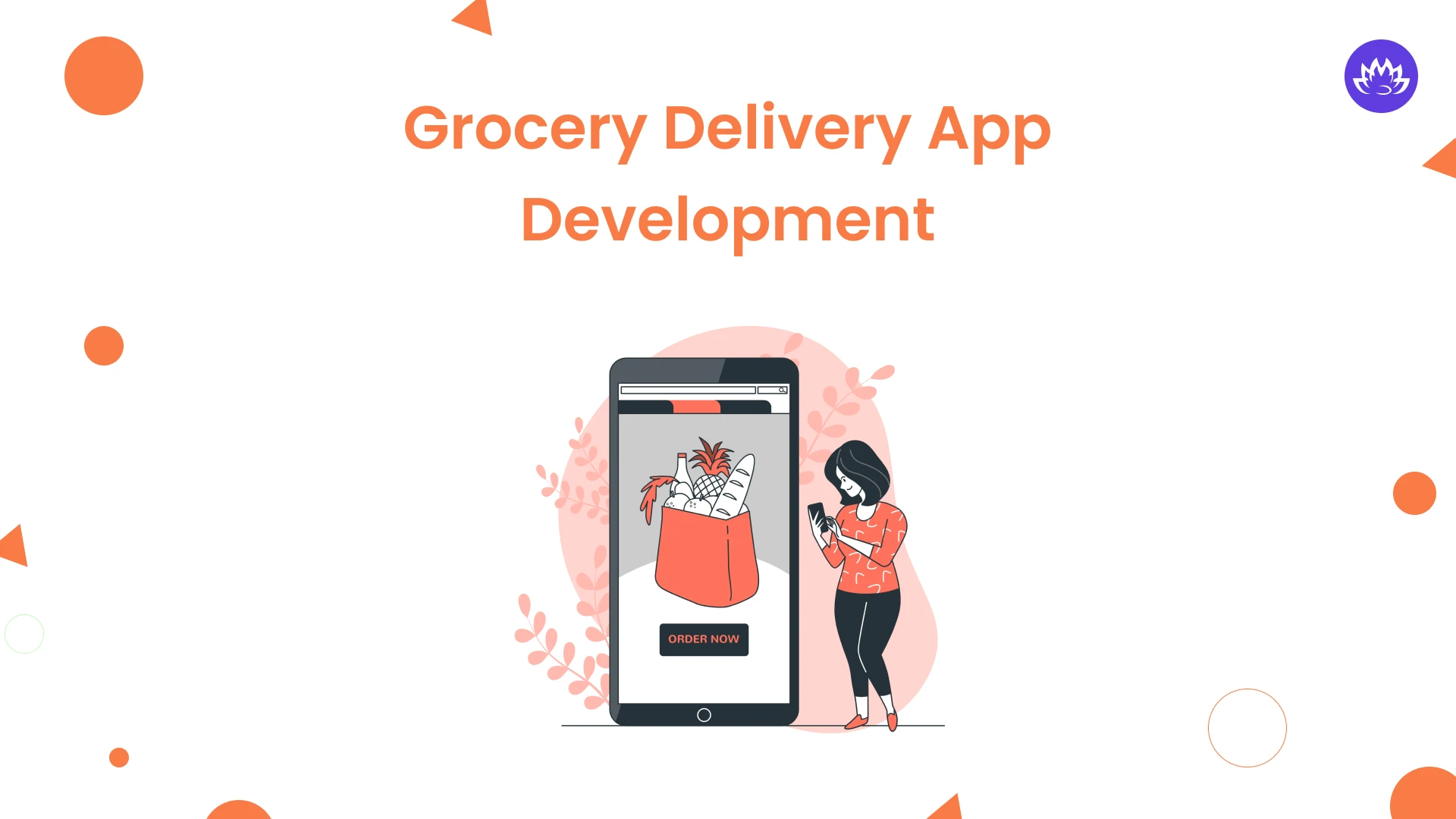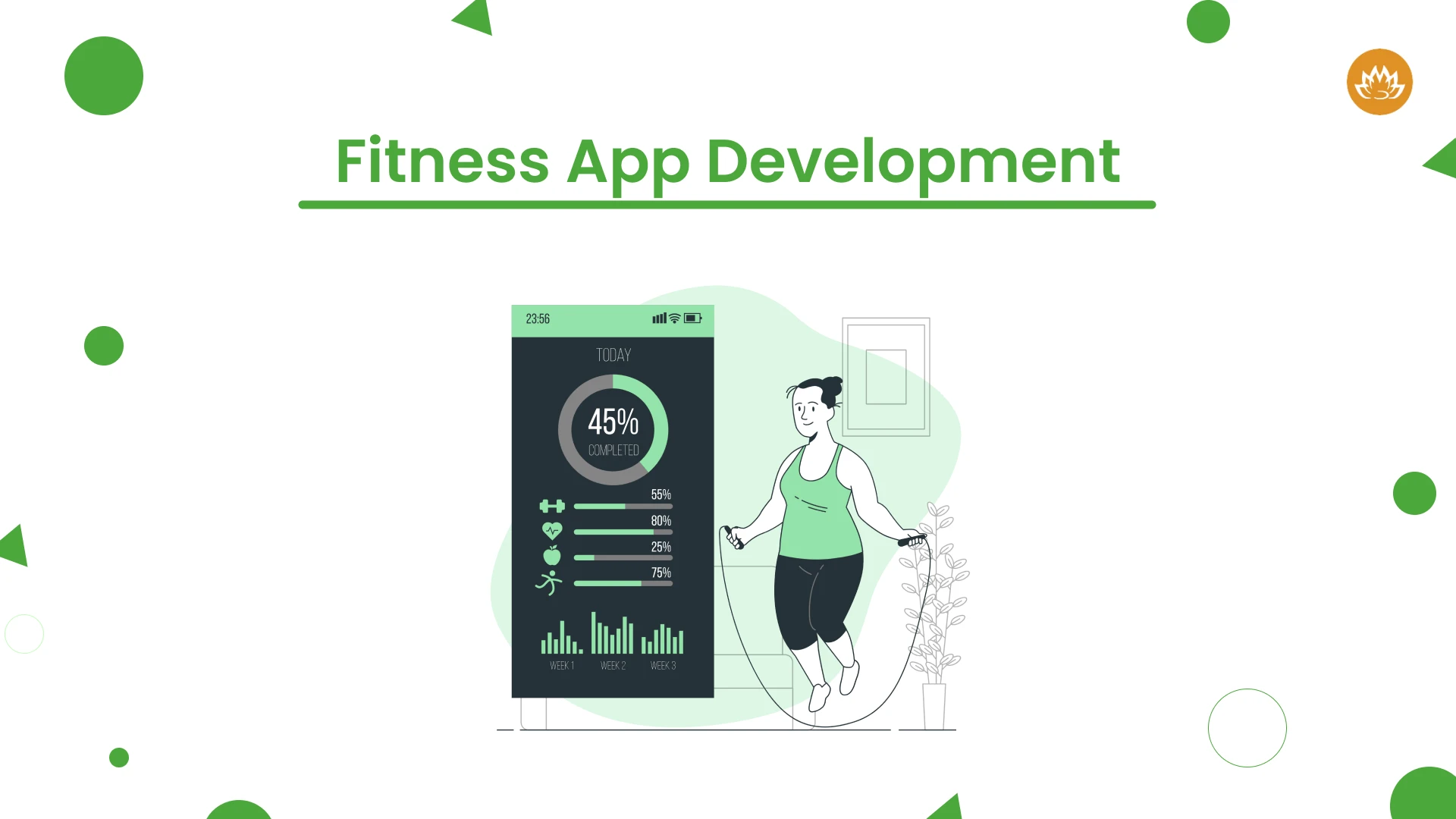Having an online taxi booking app on your mobile is a necessity now. As a rider, your ride becomes hassle-free, convenient, and affordable. Not just that, you can even drop genuine feedback about your riding experience, track location while on the ride, reach your destination on time, and access seamless payment options. The benefits are unending.
If the users of any taxi booking app can have so many benefits, then, as an entrepreneur, owning one such app can bring so many advantages. As an owner, you are not only providing convenience and facilities to the riders but you are also earning huge profits in the long run out of this business. Be it ride-hailing or sharing, individual, or carpooling, the online taxi services market size will grow to $43.15 bn in 2024 at a CAGR of 10.9%.
Benefits of Taxi Booking Application Development
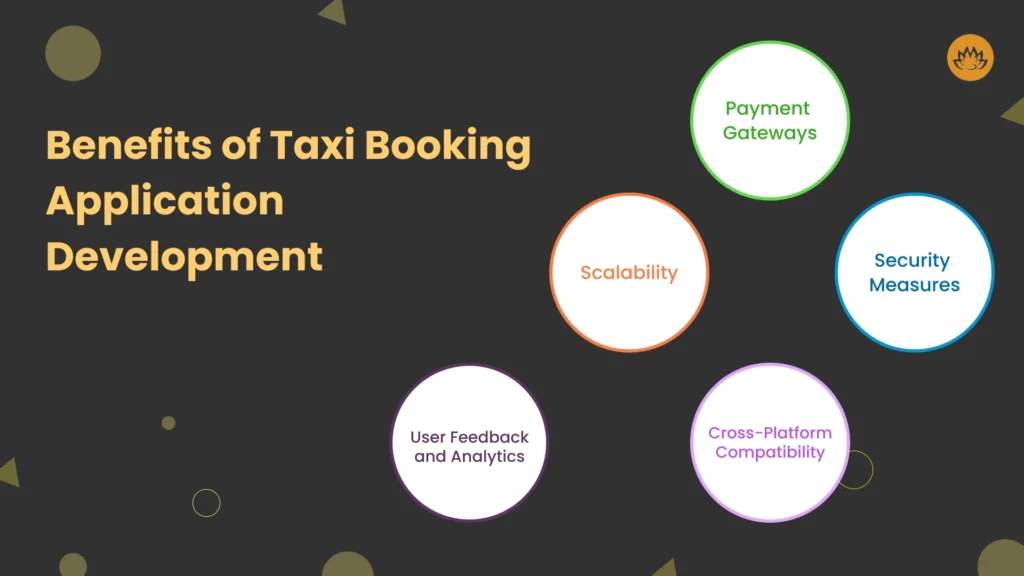
Apart from the benefits such as convenience, time efficiency, cost transparency, safety, reports, analytics, and integration opportunities, there are some unique benefits that users and app owners get through the taxi booking application.
Geo-Location Services
-
GPS (Global Positioning System) Integration and API mapping enable perfect location tracking, route optimization, and seamless navigation.
-
Provides smooth and cost-efficient transportation service
-
The exclusive routing algorithm is powered by AI and Machine Learning in Taxi App Development, providing real-time traffic data for route optimization.
-
Reduces time travel and fuel consumption, providing a sustainable and eco-friendly transportation system.
Payment Gateways
-
Integration of payment gateway through secured systems helps users to complete transactions seamlessly.
-
Payment Gateways like Stripe and Braintree support developers to provide multiple payment methods, including debit cards, credit cards, digital wallets, UPIs, and cryptocurrencies.
-
Enables contactless translation through services like Google Pay, Apple Pay, and PayPal for user convenience
-
Enhanced user experiences increase the usage trends, expanding cashless societies.
Security Measures
-
Security is the foremost requirement while using online taxi booking applications. A well-developed app will implement strong security measures, protecting passengers and drivers.
-
There are SSL and TSL encryption protocols that secure data transmission, via two-factor authentication that adds an extra layer of protection.
-
Enables data privacy, as taxi app developers adhere to compliance standards
Scalability
-
A robust taxi booking app can promote growth and cater to rising demands.
-
Therefore, the scalability of infrastructure and codebase is a critical aspect of the technology stack.
-
That needs serverless computing solutions, allowing applications to scale dynamically as per the rising traffic.
-
Developers can use microservices architecture to enhance scalability
-
With this, the application breaks down into smaller and independent services, which further can be easily maintained and updated.
-
Hence, taxi booking apps can be developed, deployed, and scaled individually.
User Feedback and Analytics
-
Through various analytic tools, user feedback and app performance can provide valuable insights.
-
With various tools like Firebase Analytics, developers will understand user behavior and their pain points.
-
Further, the data-driven approach promotes iterative updates, making it competitive and user-centric.
-
With ML algorithms and predictive analysis, developers can enhance the app's performance.
-
With powerful technologies and analytic tools, taxi booking apps can now anticipate user preferences, travel behaviors, and peak hours, enabling optimization of services like driver allocation, price surging, etc.
-
Overall, this strategy directly helps users get rides on time and also helps app owners earn higher profits.
Cross-Platform Compatibility
-
The advanced mobile ecosystem is open to providing efficient services on both iOS and Android platforms at the same time.
-
Hence, frameworks like Xamarin, React Native, Flutter, etc can help you develop cross-platform applications that can be used on multiple platforms.
-
Such apps can provide responsive designs to optimize user experiences through different devices
-
Powerful UI can provide intuitive user experiences, without hampering the aesthetics, irrespective of the kind of device used.
Key factors to consider when selecting a technology stack for your taxi booking app
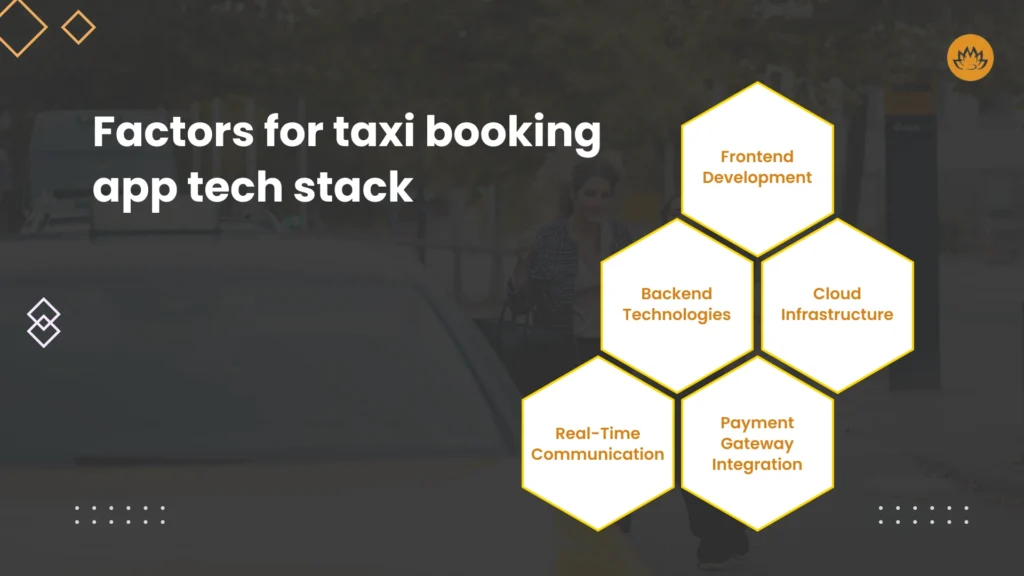
The competition in the taxi industry will rise at a substantial pace. However, the question is about survival of the fittest. It will be about how you can differentiate your app from your competitors. And here comes the contribution from the robust team of developers, designers, programmers, and technology experts who give unique solutions to make your app more productive, engaging, and beneficial for the users. To obtain this massive performance and flawless delivery of taxi services to the users, you need a solid front-end and a back-end team from a reputed taxi booking app development company.
Frontend Development
Front-end technologies create an engaging user interface that further enables better user experiences. When users experience seamless ride-booking, easy and quick payments, simple navigation, and ease of app use, it is because of using the right kind of front-end technologies.
Front-end development includes the following aspects:
-
To create visually appealing user interfaces that can engage users by using the latest UI/UX practices for taxi apps.
-
Using efficient visual design tools like Sketch, Figma, Adobe XD, etc to create designs. Further, creating digital mockups and wireframes, and trying different types of ideas is the part of process.
-
To make responsive designs that function well across multiple platforms like phones and tablets with different screen sizes.
-
They are practicing all the rules of Google and Apple regarding app design, making it easy for users to access.
-
Choosing the best frameworks and libraries for front-end development. Using efficient frameworks like Flutter and React Native can help build compatible code for multiple platforms.
-
Effective state administration by monitoring activities and ensuring flawless organization. For this use efficient frameworks like Redux and MobX. With this, developers can simplify data flow between components, maintaining a sustainable application state.
Backend Technologies
Backend technologies are the backbone of any app. It controls the center of the application and connects all the parts of the app, including the front end. It is the place where servers, middleware, and databases meet and work in a union. Here, choosing multi-platform compatible programming languages for your taxi booking app is advisable.
Using the most suitable backend technologies and tools contains the following aspects:
-
Employ robust tools and backend frameworks like Python, Java, Swift, etc. to create a reliable backend system that can handle massive amounts of data and operations.
-
Use frameworks that consist of routers, interactors, and builders so that it becomes easy to place the rules and logic.
-
Also handling behind-the-scenes processes such as processing requests and communicating with the database is necessary.
Cloud Infrastructure
Cloud infrastructure gives solid support and necessary resources to create an on-demand taxi booking app. A robust cloud infrastructure is the backbone of your taxi booking app. It gives you seamless access and utmost security. Let us find out what kind of aspects are included in cloud infrastructure:
Computer Services
-
They are efficient engines, running at the backend for operations, handling tasks such as user requests, and running app code.
-
For example, Amazon EC2 helps the app handle more amount of users without hampering the speed. This is because it has more virtual servers.
-
Also, Google Computer Engine and Azure Virtual Machines offer virtual servers to customize the app's needs, giving you a set of tools and various options to build your apps.
Storage Services
-
They are large and highly secured rooms that help apps store all the information with safety and scalability. The data includes pictures, data, and backups.
-
For instance, Amazon S3 has a big storage warehouse where the app can store and retrieve data.
-
Similarly, Google Cloud Storage and Azure Blob Storage offer enough place to store static or digital content. The data is stored in form either text or binary data, providing you with a safe deposit box for important files.
Networking Services
-
Networking services connect with different app parts, ensuring seamless communication with each other with security.
-
For example, Amazon VPC (Virtual Private Cloud) works like a private network within the cloud, allowing different parts of the app to talk with each other.
-
Similarly, Google VPC and Azure Virtual Network provide a unique network for safe and efficient communication between different parts of the app.
Real-Time Communication
Providing real-time communication is one of the core features of any successful taxi-booking application. Users remain connected and well-informed about rides. Let us find out what all components are needed for the same:
WebSockets
They are open communication channels that fall between the app and servers, making sure there is real-time communication in taxi apps. WebSockets provide a direct line of communication and help the information flow back and forth at great speed. They become important when users need live-ride tracking and can see the driver on the map. WebSockets are lightweight and do not need more resources. With these tools, developers can ensure there are no lags and program functions seamlessly.
Push Notifications
They are very small messages that users get on their devices, keeping them updated about important things about rides. For that developers avail of services like Firebase Cloud Messaging and Apple Push Notification Services that help apps send messages to user’s devices in real time. The notifications can be personalized according to user preferences and behavior.
Payment Gateway Integration
During the checkout, payment gateway integration plays a crucial role. Consumers need to pay for the rides and trips at speed and with complete security. All this happens within the taxi app. Hence, various technologies and payment gateway platforms ensure seamless payment gateway integration for taxi apps.
Platforms like Stripe provide a universal solution for taxi booking applications by offering diverse features and functionalities for seamless payment processing. With easy-to-use APIs and detailed documentation, developers can integrate secured payment features. Stripe provides all types of payment methods and currencies and gives priority to security, including strong encryption and fraud protection techniques. Hence, users rely on and trust the platform to make secured payments.
Similarly, PayPal is a notable partner for making online payments. It is known for commonly using a payment gateway, helping customers feel at ease. With PayPal users practice secure transactions, avail convenient payment modes, and get security and safety of their data. Other such payment gateways are Braintree, RazorPay, GooglePay, Patytm, Bill Desk, JusPay, Zaakpay, etc.
Transform your taxi business with our custmomized app development service.Let's create your next-gen solution today!
Final Thoughts
Choosing an appropriate technology stack is an important decision you need to make before beginning the journey of the taxi booking app development process. With the above simple guide, we are sure you will get the benefit of comparing various technology stacks. Overall, you must ensure users get the utmost benefit of real-time tracking, enabling your taxi booking app service to become a huge success. For that, you must understand the user needs and establish a well-researched plan that focuses on solutions. To perform thorough research in the right direction, you need the guidance and support of an experienced team from a well-established mobile app development company.
Whitelotus Corporation has the exact expertise in creating a customized taxi booking app for your business. We can help you perform rigorous research in the right direction and provide you with the right solutions that can serve the pain points of your target audience. Contact us today to learn more about our mobile app development services.
FAQs
1. What are the steps involved in creating a successful food delivery app?
Some of the most common steps that are needed to develop an optimized and feature-rich taxi-booking app are:
- Choose the business model
- Select your taxi-booking app development partner
- Discover the USP and target audience
- Choose the top Features
- Choose the Tech Stack
- Develop the App
- Test and Maintenance support
2. What is the cost of developing a taxi-booking app just like UberEats?
Several factors apply to deciding the exact cost of developing a taxi-booking app. The cost typically begins from $10000 and can go up to $40000, ranging from an MVP to a fully-stack taxi booking mobile app.
3. How long does it take to develop a taxi booking app?
It takes around 3 to 6 months to develop a high-performing taxi booking app. However, the timeline may vary according to the features, complexities, team size, and their capabilities.
4. What are the top features of a taxi booking app?
The top features of a taxi booking application are user registration, ride booking, real-time communication, GPS-based location tracking, payment processing, driver tracking, and feedback, including ratings.
Author
-

Sunil is a result-orientated Chief Technology Officer with over a decade of deep technical experience delivering solutions to startups, entrepreneurs, and enterprises across the globe. Have led large-scale projects in mobile and web applications using technologies such as React Native, Flutter, Laravel, MEAN and MERN stack development.
View all posts



